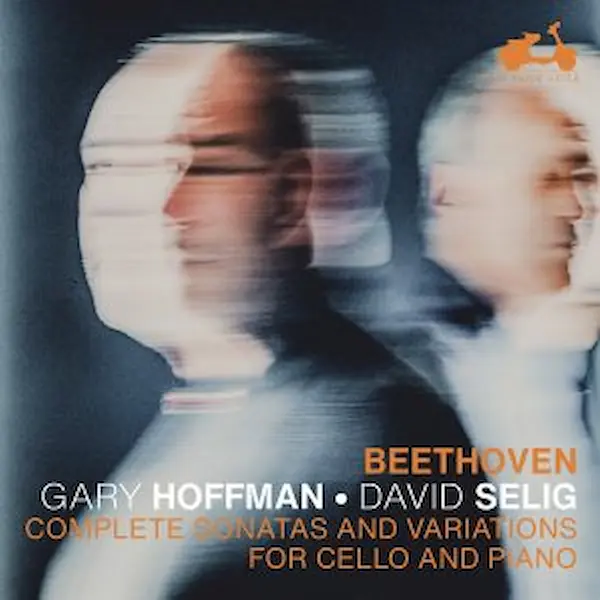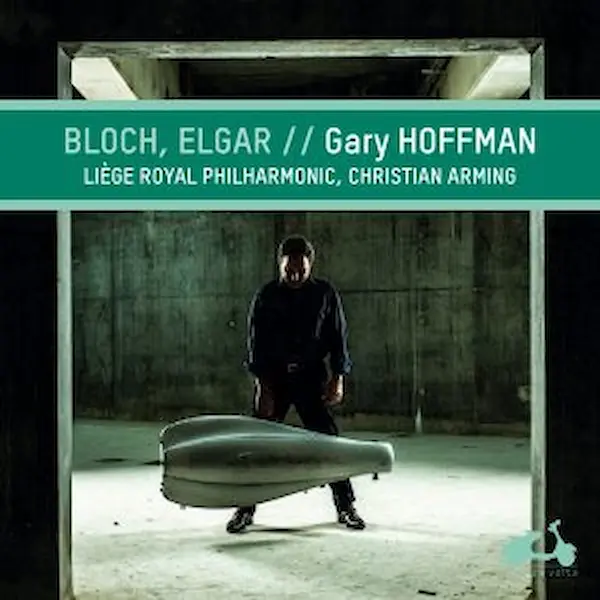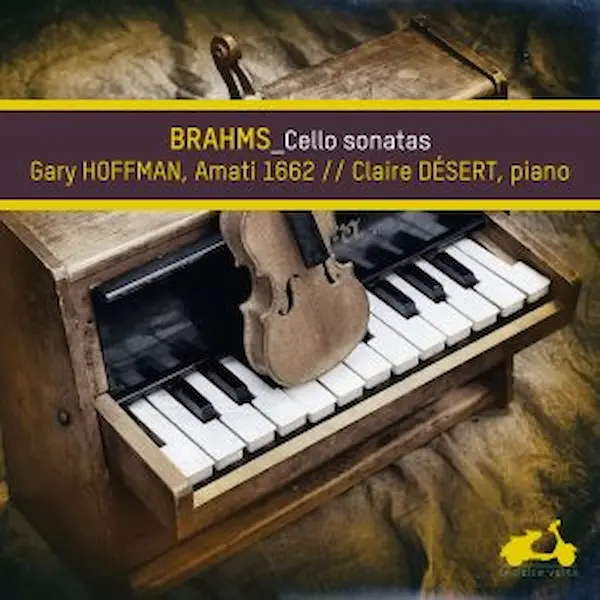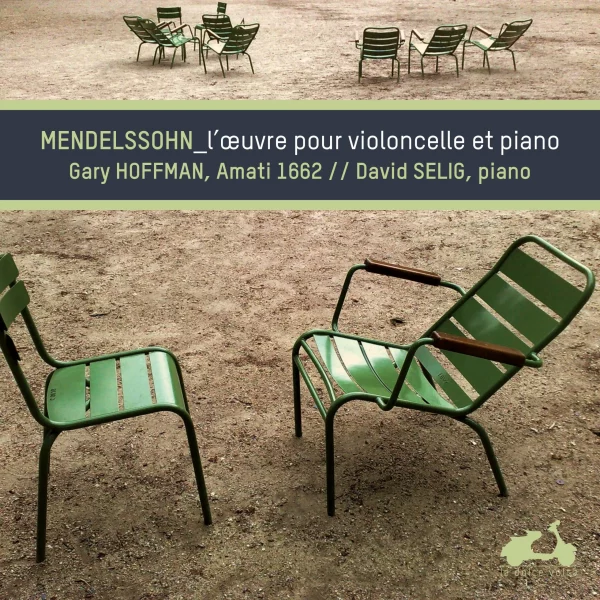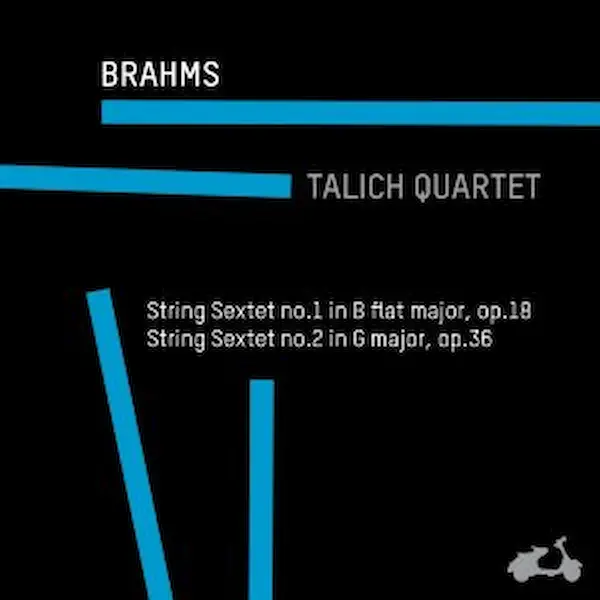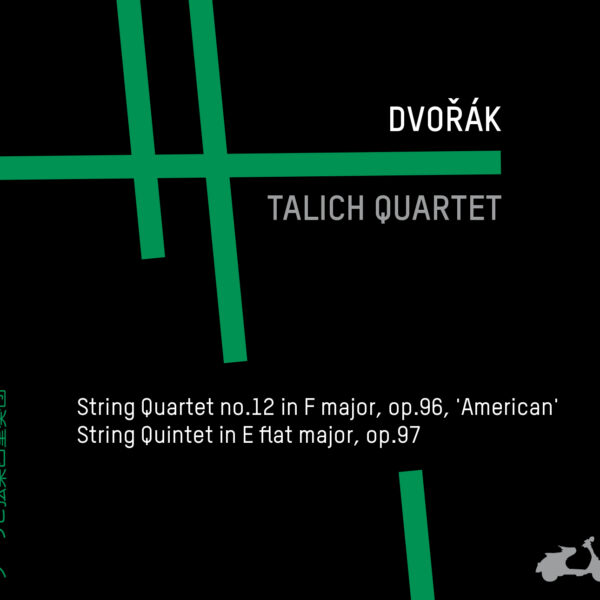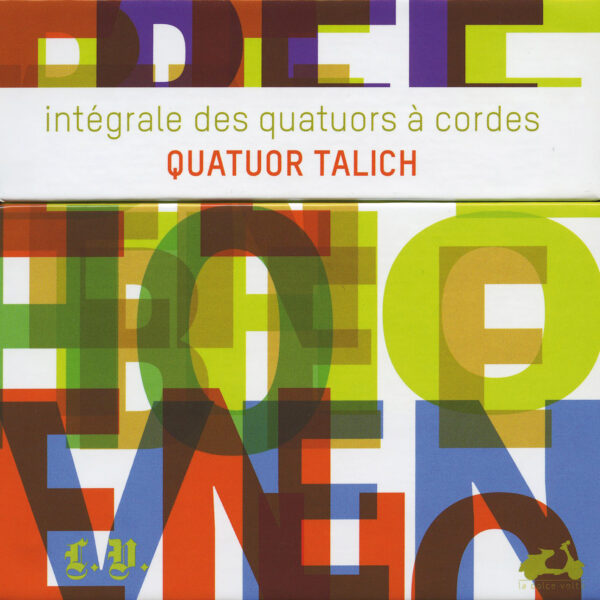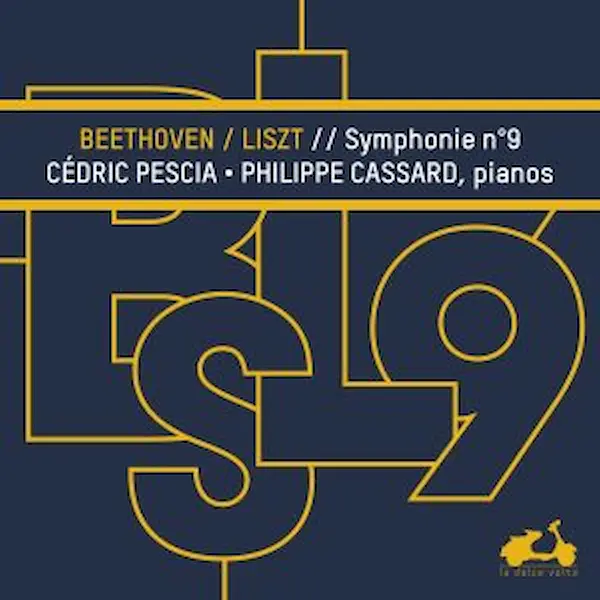BEETHOVEN // Complete Sonatas and Variations for cello and piano
Gary Hoffman,
20,00 €
Five pillars for a new world
Beethoven’s five sonatas for cello and piano laid the foundations of twentieth-century musical thought. Under the fingers of Gary Hoffman and David Selig, these five monuments of musical history, though dating from the early nineteenth century, reveal all their premonitory dimension. For these two peerless musicians, this recording marks the culmination of an artistic partnership that began more than thirty years ago.
CD 1
Variations in F major op.66
- on « Ein Mädchen oder Weibchen », Mozart (Die Zauberflöte) 10’10
Sonata for cello and piano n°1 in F major, op.5 n°1
- Adagio sostenuto – Allegro 17’51
- Rondo. Allegro vivace 7’12
Variations in G major WoO 45
- on « See, the conqu’ring hero comes », Haendel (Judas Maccabaeus) 12’46
Sonata for cello and piano n°2 in G minor, op.5 n°2
- Adagio sostenuto ed espressivo – Allegro molto più tosto presto 19’33
- Rondo. Allegro 9’23
CD 2
Sonata for cello and piano n°3 in A major, op.69
- Allegro ma non tanto 12’50
- Scherzo. Allegro molto 5’20
- Adagio cantabile – Allegro vivace 8’44
Variations in E flat major WoO 46
- on « Bei Männern welche Liebe fühlen », Mozart (Die Zauberflöte) 9’57
Sonata for cello and piano n°4 in C major, op.102 n°1
- Andante – Allegro vivace 7’18
- Adagio – Tempo d’andante – Allegro vivace 6’56
Sonata for cello and piano n°5 in D major, op.102 n°2
- Allegro con brio 6’34
- Adagio con molto sentimento d’affetto – Attacca 7’56
- Allegro – Allegro fugato 4’27
Gary Hoffman
Gary Hoffman: a passion for wide open spaces
‘We play the way we are.’ Those few words have rarely sounded so true as in the case of Gary Hoffman. In front of audiences or of his students at the Queen Elisabeth of Belgium Music Chapel and the most prestigious American campuses, he does not come to deliver a message. He stands before us, not to please us. He plays out of necessity, because music and life are one. It seems so simple in a world awash with images, slogans and attitudes.
Like any poet of the concert platform, Gary Hoffman took responsibility for his choices early on. Thanks to his parents, both professional musicians, and later to his teachers, Karl Fruh in Chicago and, even more vital, János Starker, he is a stranger to compromise. Winning the Premier Grand Prix of the Rostropovich Competition in Paris in 1986 opened doors for him. For all that, he has never made any concessions in his artistic decisions.
He plays to be himself. The rules impose themselves naturally: to master the instrument’s technique and enter step by step into the universe of a work. But to what end? If it is to seek perfection, Gary Hoffman is happy to miss his turn . . . But if his playing awakens the beauty of a phrase and he can share its light with others, the artist is fulfilled. In his eyes, the cult of efficiency and volume never takes precedence over the expression of beauty, which has nurtured him since his youth, when he listened to the greatest musicians and discovered cinema and painting, his other passions. To build a philosophy of life through art: is there any nobler ambition?
He plays to transmit absolute respect for the score, but also the need to question tradition. To admire is not to be enslaved. His recordings for La Dolce Volta bear witness to this. To walk onto the platform, to observe the microphone that picks up the soundwaves, is to have already thought, to have forbidden oneself no reflection, even if it should run counter to current fashion. To young musicians, he passes on an appetite for doubt, curiosity and risk, from the standard repertoire to new music. Why do we find so many artists of the past so appealing, when we now readily acknowledge the imperfections in their playing? How could he not already sing in his mind’s ear, even before placing his bow on the strings of the Nicolò Amati cello of 1662 which accompanies him everywhere and which once belonged to Leonard Rose?
He plays for an ideal, ever since his debut at London’s Wigmore Hall at the age of fifteen: to serve the composer, most assuredly, with a proposal, his proposal. It is impossible, in that case, to lie to oneself under the gaze of a Pablo Casals or an Artur Rubinstein. Gary Hoffman recalls one of the most moving moments of his life, when he saw Rubinstein walk across the platform to the keyboard. The simple movement of his body in space became the essence of his existence, the prelude to the ineffable. It is silence, that refuge between the notes which produces music. Music is sufficient unto itself: it soothes the sorrows of life. Gary Hoffman makes no distinction between the word and the vibration of the string . . . All is delicious confusion and wonderful unpredictability. Like life.
David Selig
A committed, eclectic and unusual artist, David Selig pursues with enthusiasm and talent a worldwide career as a soloist, in chamber music and in song recitals.
Born in Melbourne, Australia, he moved to Paris in 1976 and studied at the Conservatoire National (CNSDMD) under Aldo Ciccolini. After obtaining Premiers Prix in piano, chamber music and musical aesthetics, he went on to study with Geoffrey Parsons and Guido Agosti. He won prizes at international competitions in Sydney and The Hague; the latter (a specialist competition for accompaniment) enabled him to work with such renowned artists as Elly Ameling and Jard van Nes.
He has given recitals in the world’s leading concert halls, including the Concertgebouw, Carnegie Recital Hall and the Théâtre des Champs-Élysées. Passionate about chamber music since his youth, he has resolutely devoted his career to this art. He has accompanied such singers as Felicity Lott, Christianne Stotijn, François Le Roux, Ingrid Perruche, Sandrine Piau, Chiara Skerath, Mady Mesplé and Nathalie Stutzmann, and instrumentalists like Philippe Graffin, Juliette Hurel, Régis Pasquier and Valeriy Sokolov. The duo he forms with his longstanding chamber partner Gary Hoffman appears all over the world.
A guest artist at the foremost festivals, he also gives masterclasses in piano, song and chamber music. For ten years he directed the festival Les Journées Romantiques, held on a barge in Paris. A fervent pedagogue, he has been a professor of accompaniment at the CNSDMD de Lyon since 2011.




